English Summer Camp
A playful-didactic proposal to learn English while having fun
Our camps are characterized by a focus on SOFT SKILLS and everything that contributes to the enrichment and development of the child’s personality.
Our English language camps
To get to know and encounter what is beautiful about English-speaking countries, we embark on a virtual journey, open ourselves to diversity by encountering the other without prejudice, learning to look at all reality as richness.
This is one way to broaden our children’s human and cultural horizons while remaining in their own school.
Here are some of the topics of our camps:
- A journey around the states
- a journey through the southwest area of the states
- Travelling down the mississippi river
- The 13th colonies
All activities are developed around the Camp theme: stories are told (Storytelling), drawings and objects are created (Art & Crafts), songs (Music) and local dances (Dances) are learned, and games are played together (Games).
The camp ends with a show (Show) in which parents will get a small taste of what their children have learned.
Discover our idea of English Camp
Activities
Storytelling, sports, arts & crafts, music and theater workshops with age-specific programs.
Building a bridge
We want to build a bridge between Italy and the tutors' home country. In this way, students can have a firsthand multicultural and learning experience in a familiar and informal setting
Proposal values
The values that guide and support our proposal allow us to place the relational and affective dimension at the center.
Education project
Objective
✓ Improve comprehension, oral expression and pronunciation
✓ Motivate them to learn English
✓ Broaden the cultural horizons of children
Approach
✓ “English through friendship,” allows emotional involvement that facilitates language learning in a natural way
✓ Creativity and beauty, fundamental factors for student/child growth and development
Method
✓ Learning by doing
✓ Total Physical Response
✓ Clil
✓ Hands on
Activities are carried out within an atmosphere of cordial friendship favoring as much as possible the involvement of the children and the consequent learning of the language.
Welcoming mentors and creating a sense of belonging
Long and thorough mentor selection process
Our strengths
Close relationship with the host schools
Close supervision of camps with daily feedback
Tutor training based on: WHAT (content), HOW (method), WHY (psychology of learning of children)
Long-standing relationships with universities and faculties of tutors' backgrounds
Curriculum: virtual trip to meet, learn about and broaden the cultural horizons of students
Our staff
NATIVE LANGUAGE TUTORS
These are young teachers or students from American or Irish universities. It is mandatory for tutors to attend specific training supervised by an ESL native speaker specialist before the camps begin.
HELPERS
It is recommended that helpers be present to support the native tutors. They are 3rdor 4th year high school juniors who do this activity as part of their PCTO. At the end of the camp, the students will receive a certificate of participation valid for educational credits.
CAMP REFERENT
The contact person, as the supervisor of the entire project, is responsible for promoting the camp within the school, ensuring his or her presence throughout the camp, supporting the mentor in dealing with the school and families, and handling any disciplinary and non-disciplinary problems.
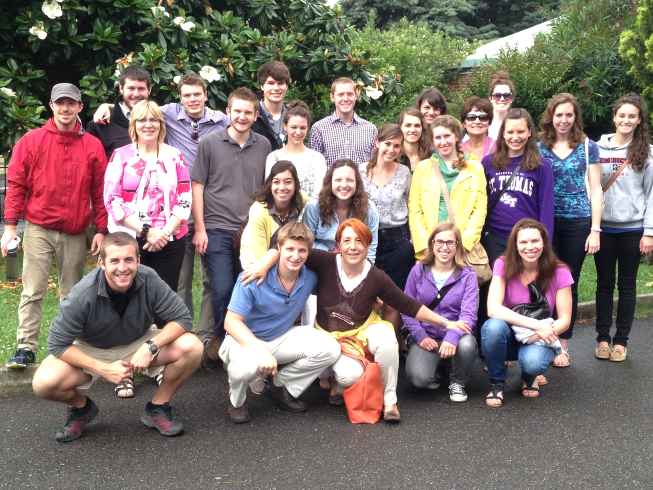
Camp organization

The camp takes place at the home school.

The duration of the camp will be two weeks to be held in June or July. For one-week camps only and for September camps, contact the Association directly.

Groups are organized by homogeneous ages. For the best success and effectiveness of the camp, at least two groups (maximum 15 students per class) are required. Mother-Tongue Tutors will take turns leading the different activities.

Teaching materials are provided by the Together Association.

Liability and accident insurance is included for all camp participants.

At the end of the camp, a final party is organized with an English-language performance. Parents are invited to attend the performance so they can get a taste of what was done during the camp.
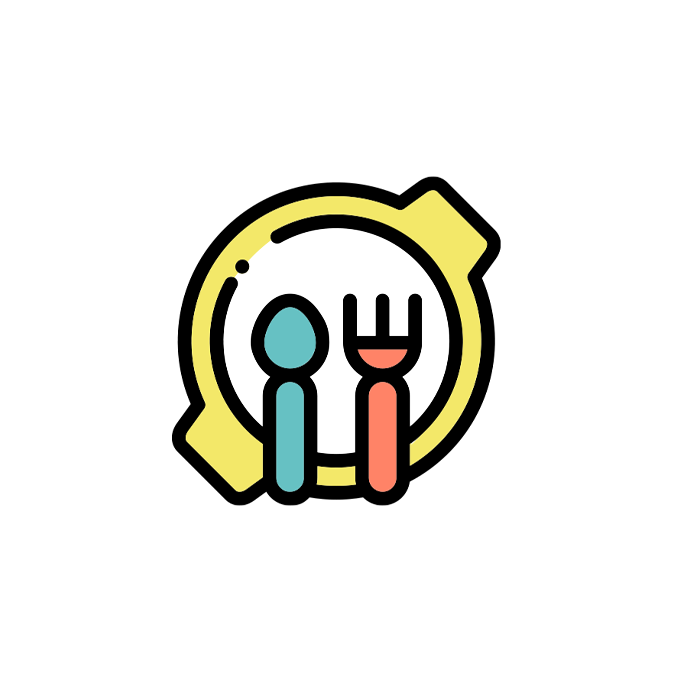
Packed lunch is provided or at the cafeteria if the school makes it available. In both cases it is paid for by the families.
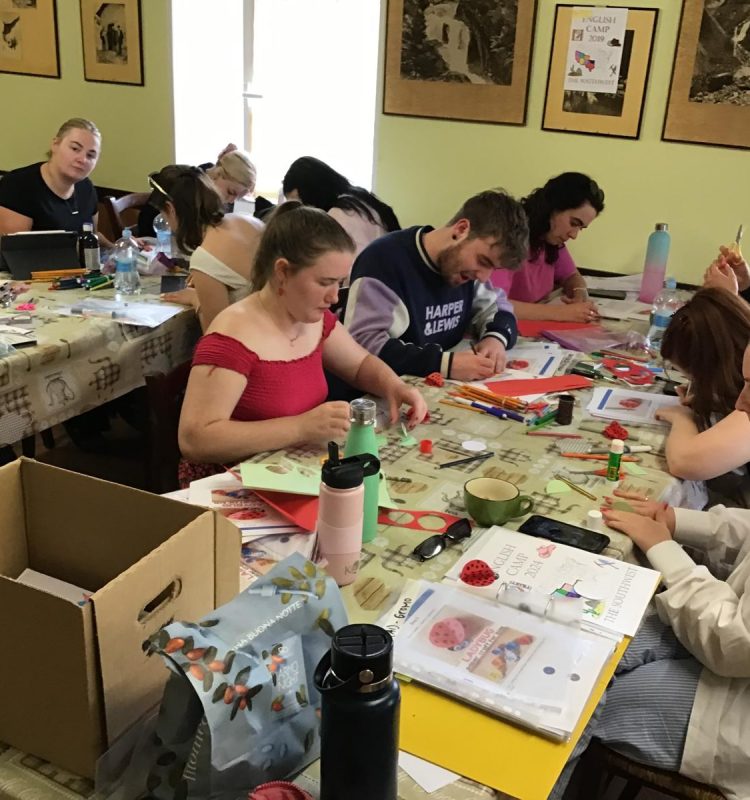
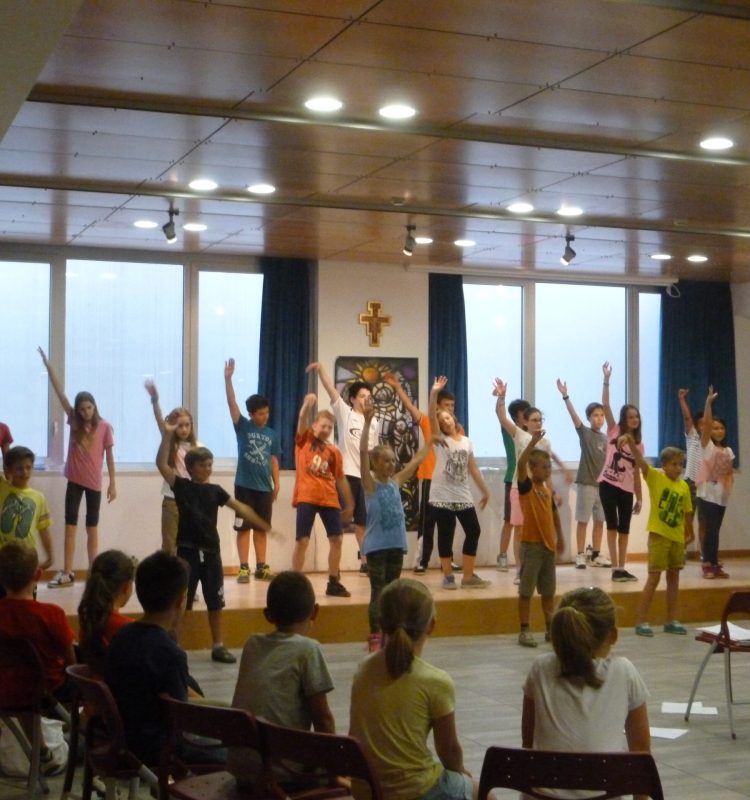
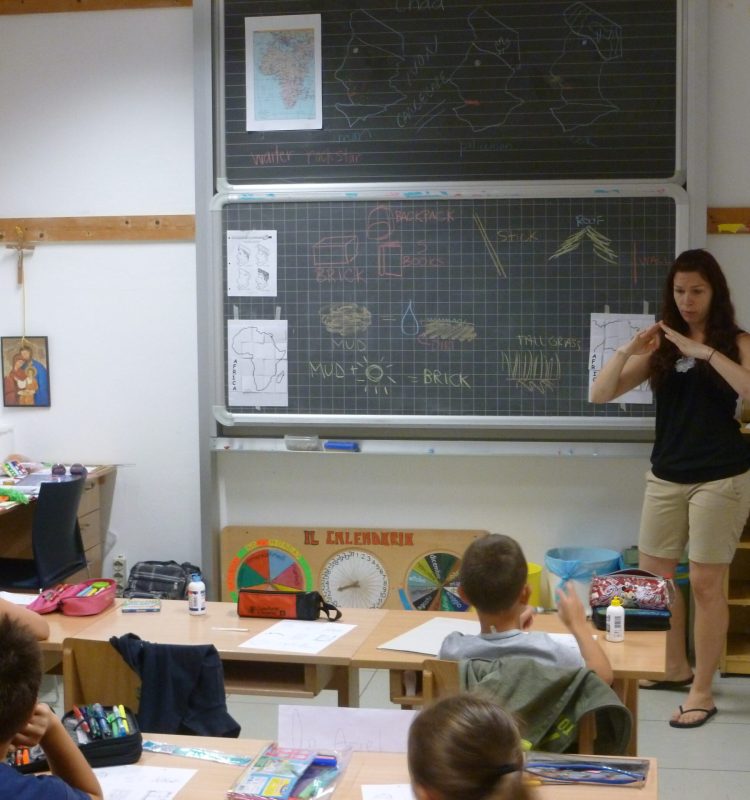
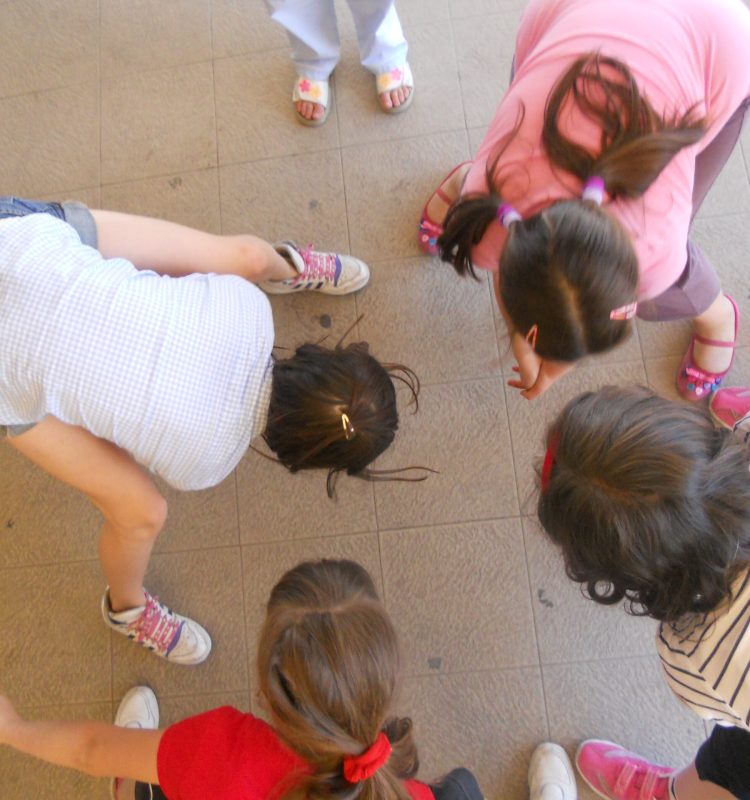
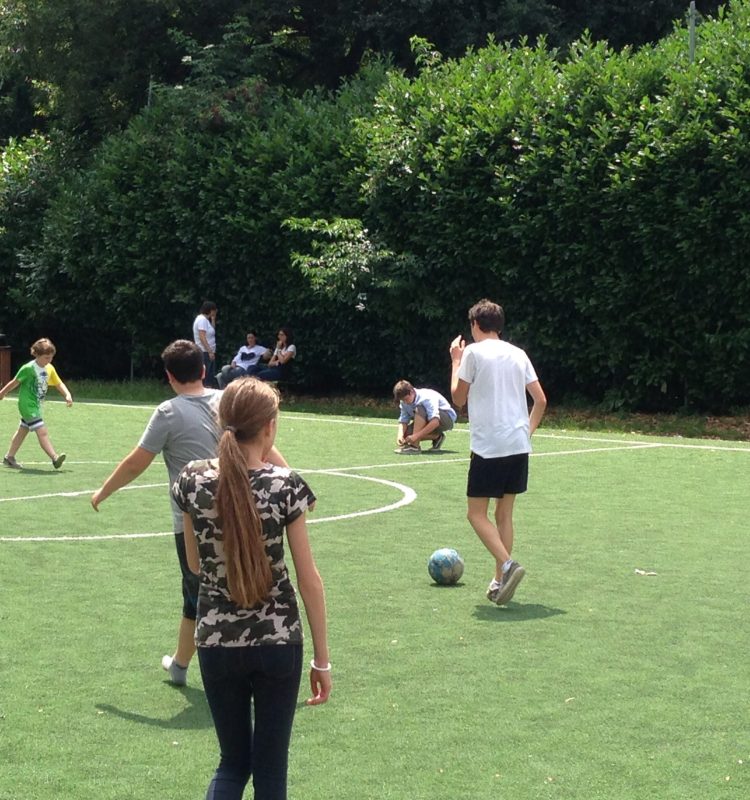
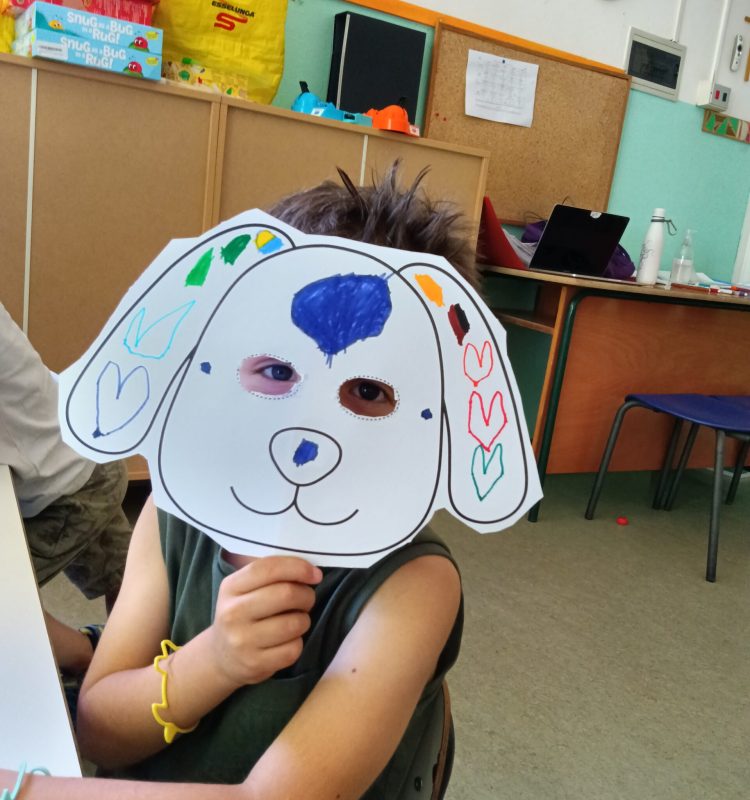
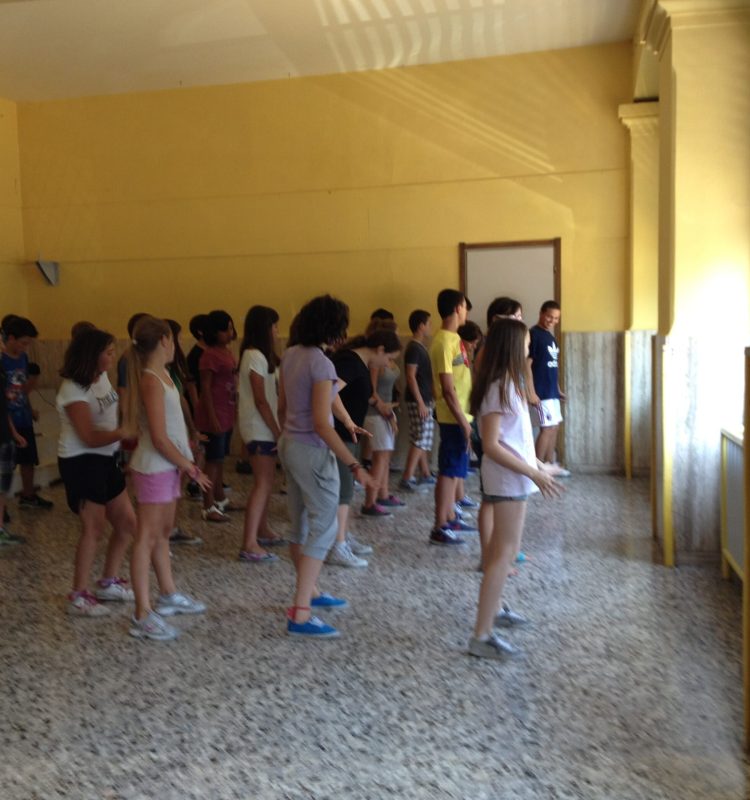
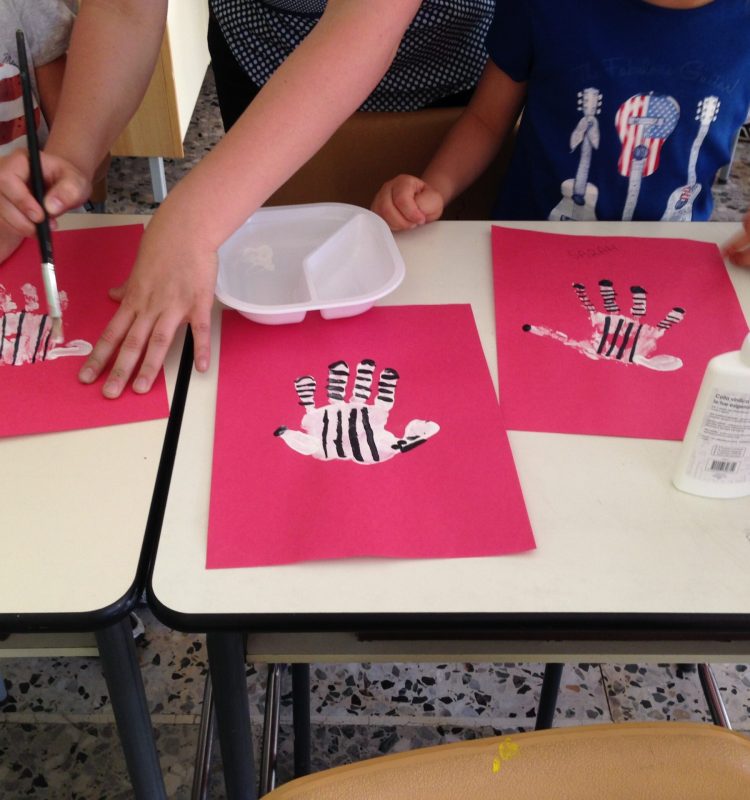
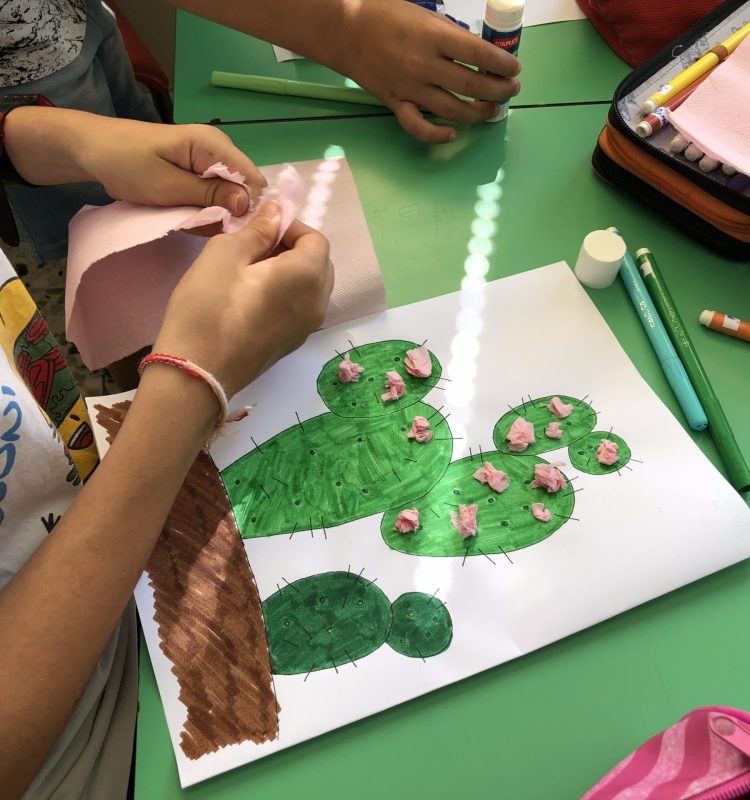
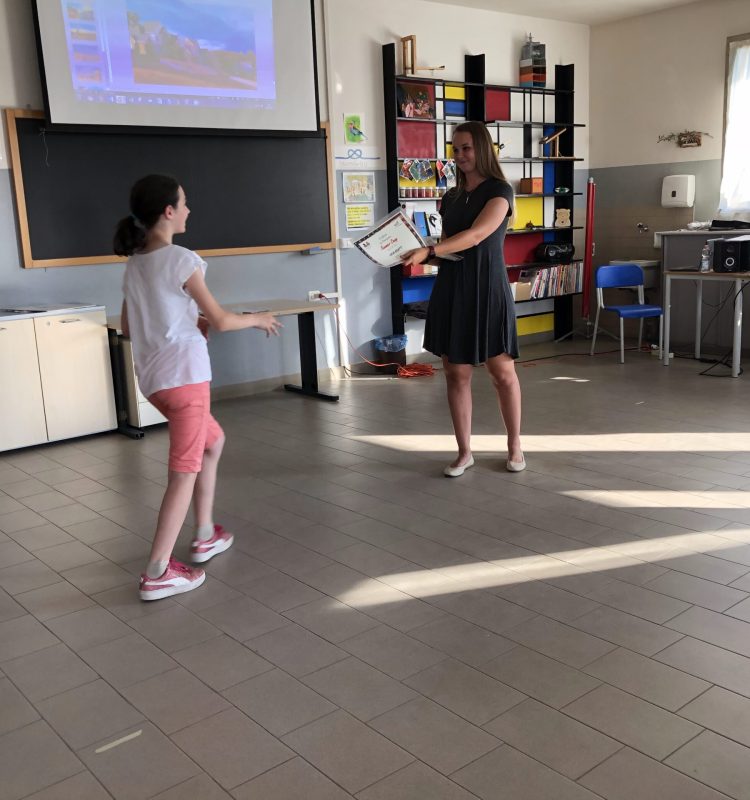
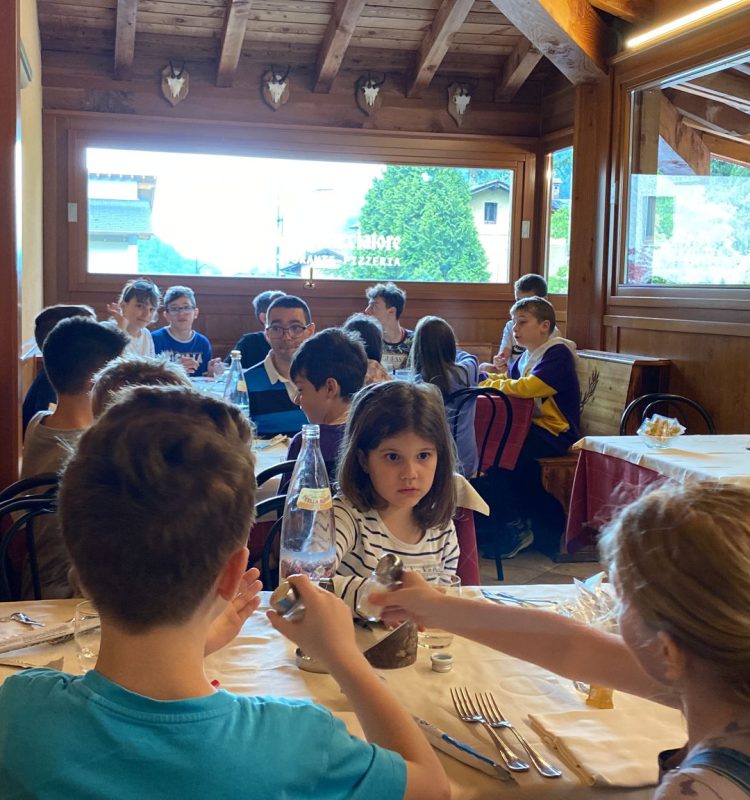
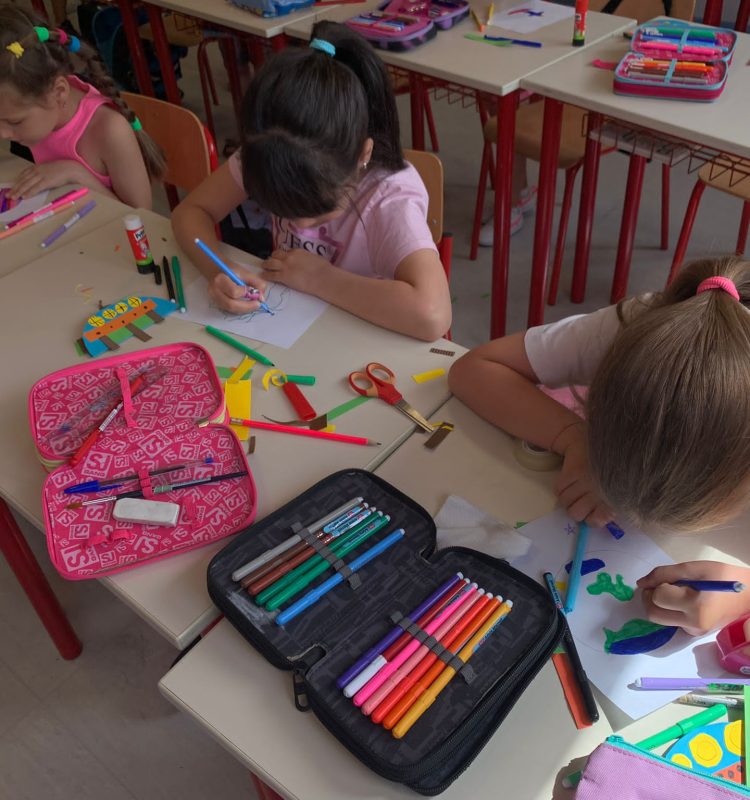
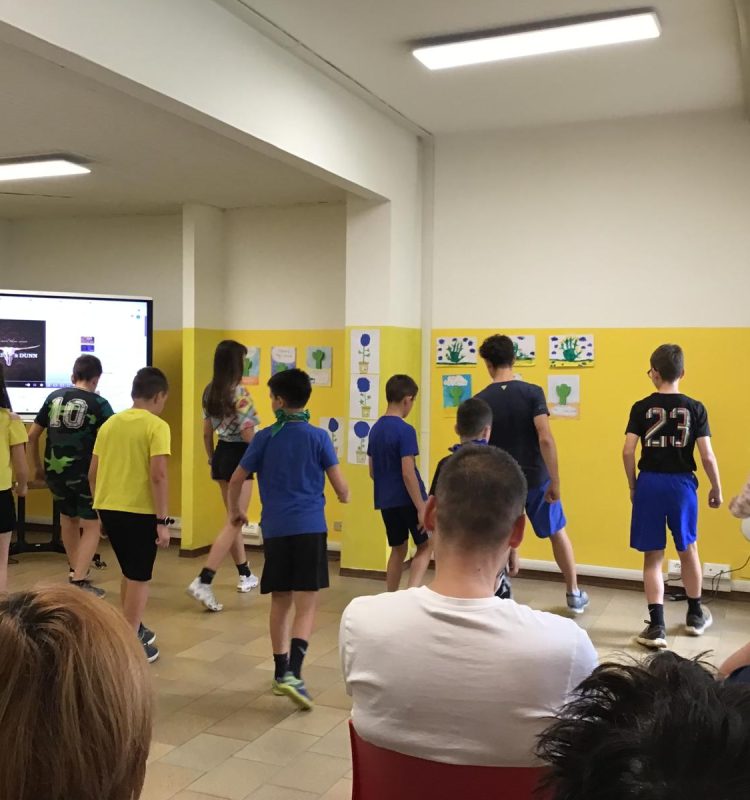

Example of a typical day
Various activities are offered during the day, all in English, following a methodology that favors a playful approach, with the emphasis on conducting English lessons in the early hours of the day.

Attendance

Sports/Games

English Lesson 1

Snack

English Lesson 2

Art

Lunch&break

Theatre

Dance/Music

Snack

Sports/Games

Pick Up
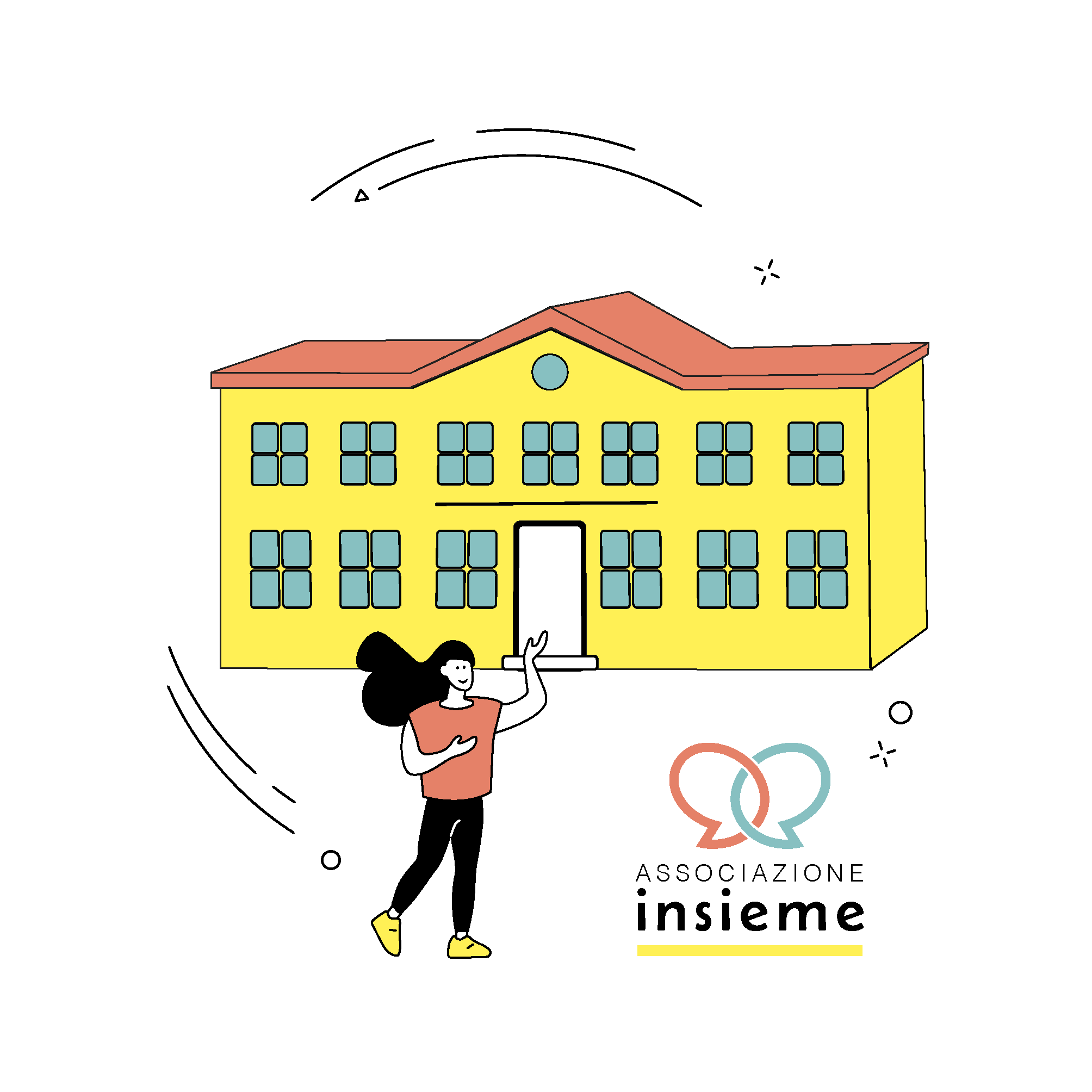
What we ask of the school
THE SCHOOL IS ASKED:
- The availability of spaces and their equipment (classrooms, gymnasium, etc.) and their cleanliness
- The ability to make the necessary photocopies for Camp
- The use and cleanliness of the cafeteria, if available
BUREAUCRATIC AND SECRETARIAL WORK WILL BE BORNE BY THE ASSOCIATION TOGETHER

Tutor Hospitality
There is provision for tutors to be offered room and board by the camp participants’ families.The experience of hosting a tutor in one’s own home can be very stimulating from a linguistic and cultural point of view for the family and for the tutor himself, who will be able to experience the way of living everyday life in Italy.
REQUIREMENTS FOR HOST FAMILIES
- Welcoming tutors at the station upon their arrival
- Flexibility with respect to the tutor’s arrival and departure day
- Knowledge of English by at least one family member
- Availability of a room for single use
Curriculum
Every year, we re-update the content of our curricula, differentiated by level.
To get to know and encounter what is beautiful about English-speaking countries, we embark on a virtual journey, opening ourselves to diversity by meeting the other without prejudice, learning to look at all reality as richness. This is a way to broaden our children’s human and cultural horizons while remaining in their own school.
All activities are developed around the Camp theme: stories are told (Storytelling), drawings and objects are created (Art & Crafts), songs (Music) and local dances (Dances) are learned, and games are played together (Games).
The camp ends with a show (Show) in which parents will get a small taste of what their children have learned.
Purpose of the Camp
We aim to make the English language, as it is really spoken by native speakers, familiar to our students (to get confident).
The welcoming atmosphere and affective human relationship allow emotional involvement that facilitates natural language learning and strengthens self-esteem.
Children, concentrated in various activities in English, learn the spoken language in a completely spontaneous and natural way.
